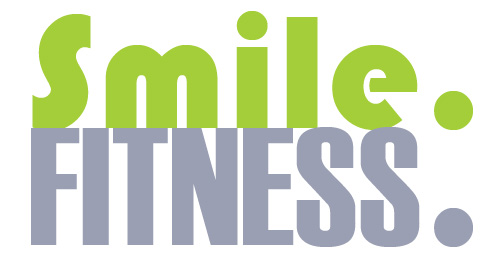What I do for a living, it's like this... "personal trainers are now expected to [also be] be salespeople, psychologists, nutritionists, post-rehabilitation specialists, and motivational speakers". I'd add in: marketing pro, web designer, writer, secretary, PA yadda yadda yadda. All to be able to provide people with health and fitness advice and support. Now I find I have to learn more about the Biopsychosocial model of pain to learn how to precisely talk to people so that I don't compound any issues that they might have, i.e. "long-term" not "chronic".
Am I going too deep into aspects of the human body that don't concern me? I don't think so, to provide a better service to my clients without asking them to go to other professionals all the time for the things that I think require some attention, I need to at least know that things exist, then at least know in part how to deal with them, investigate further or then refer on to the specific professional who CAN deal with the issue. Then how do you know which professional, not just is it Physio, Chiro, Osteo, Bowen..... there are differences between practitioners knowledge base and experience.
Most say NHS professionals should be the first port of call to refer to but then most say that the NHS has never really helped them or has helped but with the more severe treatments like surgery and drugs before even trying the basic methods first like correcting diet and exercise. Do they even know? It would seem on the surface that they don't, but then that's dependent on the individual, some do and some don't. Every time I or a client speaks to a Doctor, Specialist or Surgeon they wholeheartedly agree with the soft methods first but actually they don't really do them with enough attention.
I think there's a reason the NHS would rather take to the quick fix methods such as surgery and drugs, I think it's actually driven by people themselves. The patients themselves drive this behavior because corrective methods such as changing diet or adhering to a consistent exercise programme require great effort and where you are not paying for the service you are far less likely to put in the effort, therefore you require the method that works and will require the least effort possible.
So to bring it back round, I don't know about surgery and I don't know about pharmaceutical drugs but apart from that I do need to know a great deal about everything else to be able to promote and safely provide exercises to people who require more help to perform better and if I must know about sales and marketing, nutrition, psychology etc to be able to help more people with a holistic approach to performance then so be it, it's good to be busy.
If you want better outcomes for yourself in health and fitness then in my experience you really need to A. Pay for it or B. Really really want it. I work with clients that don't pay for my services and clients that do and this trend runs through everyone. Those that pay or have a high level of importance for the change will do what I tell them to and generally get good outcomes, otherwise they don't and nothing changes. One or the other. An that leads me nicely onto philosophy, but that's for another day.
Rant over!
